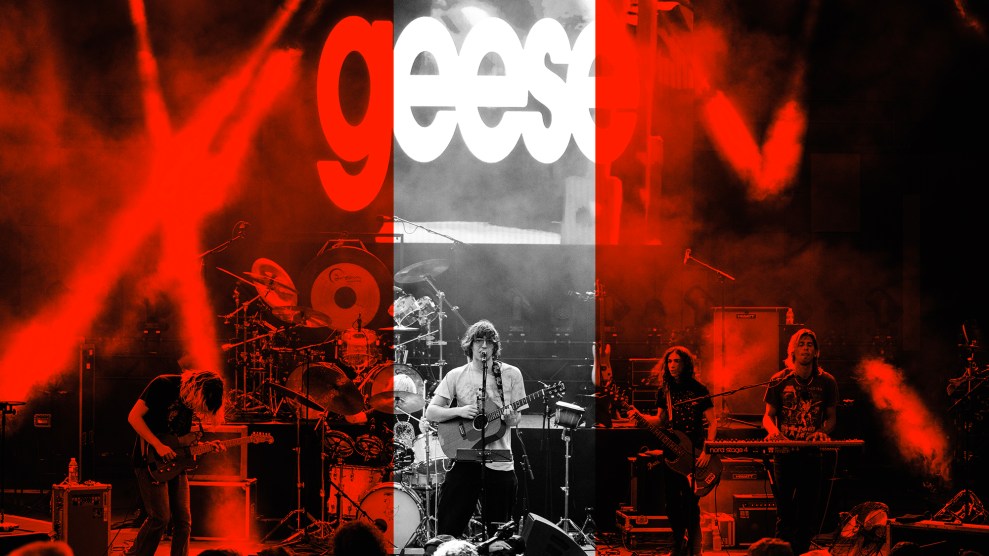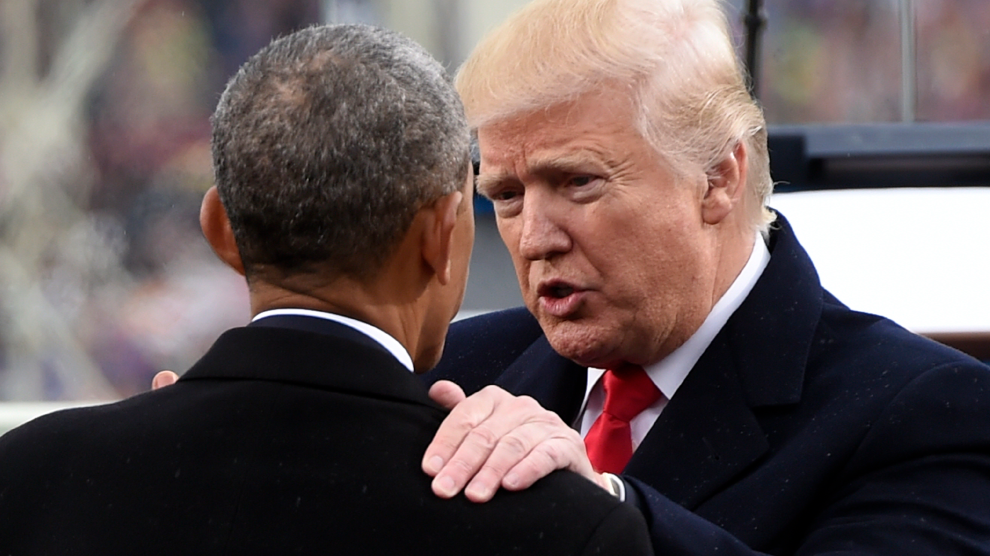
For almost 40 years now, Studs Terkel has been roaming Chicago, tape recorder in hand, hurling “little streets upon the great,” in Yeats’ words, prompting hundreds of people to tell their short tales in a sequence of books on subjects including work, the Great Depression, World War II, aging, race, and death. The personal narratives are dotted, mosaic-style, to make a pattern that the canny Terkel rarely renders explicit but that is usually a chorale of polemical fervor, yearning, and hope. At 91 he is still at it, this time more or less on the subject of political hope itself. For a garrulous man, Studs is a masterful listener; like Walt Whitman, he always hears America coming through.
Of the 50-odd voices in this volume of oral testimonials, most are activists on the left — though there are some strange (and seemingly forced) examples from the right. They range from bike messengers to congressmen, Depression-era union organizers to civil-rights veterans to Iraqi and Guatemalan immigrants. They organize unions, communities, the homeless, and students, among others. They worry about how well they’ve done — and for good reason.
Terkel’s interviewees are great hopers more than analysts. They include veterans of the Industrial Areas Foundation, the community organizing group launched by Saul Alinsky 60 years ago. Its longtime head, Ed Chambers, recalls learning “not to do things for people, but to get people to do things” and laments, “We should have 600 professional organizers, and we’ve only got 120…. So in a sense, I’m a failure, too.”
Most of the activists are practical folks who talk winningly about their small victories, though they are quick to distinguish between their promising local scenes and national politics, which, alas, they see as an immovable mountain.
Some, more experienced, exhibit the or- ganizer’s sharp eye. A black Chicago school-teacher, Tim Black, recalls that in the midst of the racism of the American Army of World War II “we believed that if we survived and returned home, we would be able to change the system.” He used the GI Bill to get a college education and went on to organize against housing discrimination.
There is also Leroy Orange — one of the Illinois death row inmates pardoned by then-Governor George Ryan last January. White lawyers and Northwestern law students stuck by him, and their devotion changed his mind about race. He’s now dedicated to helping other prisoners who — like him — were tortured into false confessions. You want to know more.
Others reject the notion of hope as a distraction or a crutch. Retired Rear Admiral Gene LaRoque, who founded and ran the Center for Defense Information, a lobby against the military-spending boom, considers hope “a wasted emotion.” In making peace, as in making war, he says, what matters is simply action. Tom Hayden, the one-time Students for a Democratic Society leader and longtime California politician, says he’s “always been conflicted about hope…. You rebel because you’re human, to prove that you exist. Not because you have a liberal, enlightenment form of hope that by taking action some result will follow.”
Perhaps in a gesture toward political balance, Terkel’s cast includes a few odd characters, including Rep. Dan Burton (R-Ind.), the same man who once fired a gun into a watermelon to make a point about the suicide of Vincent Foster, and Brig. General Paul Tibbets, who flew the plane that dropped the Hiroshima A-bomb. That Burton spent his early childhood hoping to escape his abusive father seems a tenuous thread connecting him with the rest of the book. (He says he hates bullies, but he didn’t seem to mind Kenneth W. Starr.) Tibbets doesn’t connect at all.
You may start reading this volume with the thought that Terkel can lend himself to rank sentimentalism. A man of the left, a one-time radio personality who was blacklisted from NBC in the 1950s (until the gospel singer Mahalia Jackson stuck up for him), he is also a man of uplift, and sometimes the uplift feels forced. Everyone gets credence even when erring. (LaRoque misstates the number of American dead in the Korean War by nearly a factor of two.) Difficult topics are sometimes leached out, and not everyone faces tough questions.
But keep reading, and it is hard not to feel beckoned, provoked, and inspired. Even Terkel’s small tales tend to exhibit the possibilities of the American spirit. His more formidable organizers (including the Teamsters’ Ken Paff and AFSCME’s Roberta Lynch) deserve to be much better known — indeed, Terkel helps us take seriously the mission of the organizer in the first place. The lives of these characters certainly deserve celebration, and the world would be a far poorer place — an unsustainable place — without them. For if spirit alone will not move mountains, surely no mountain can be climbed without it.

















